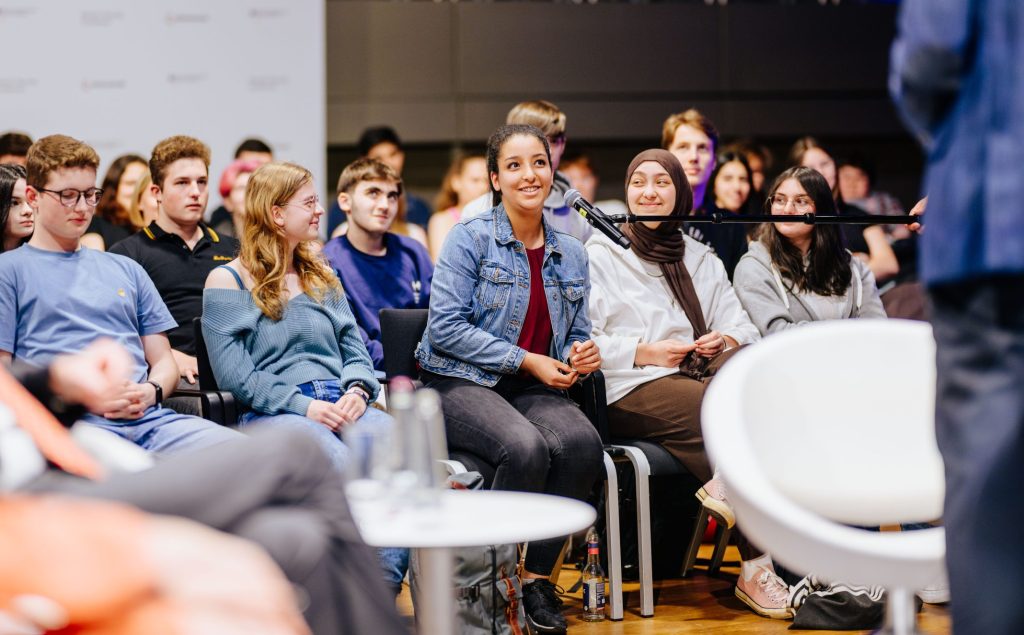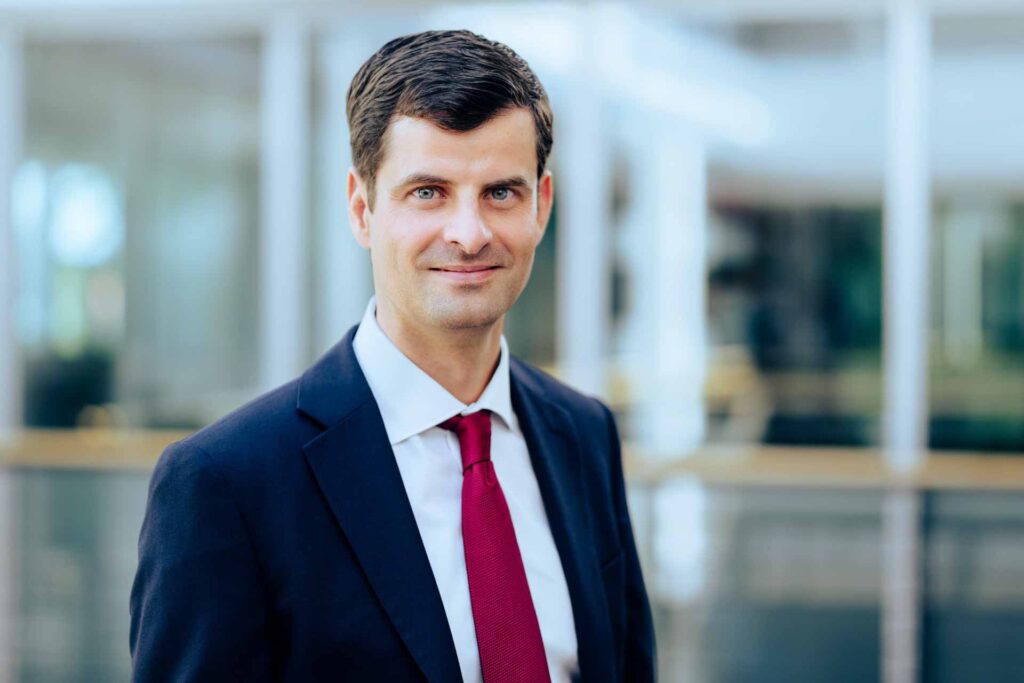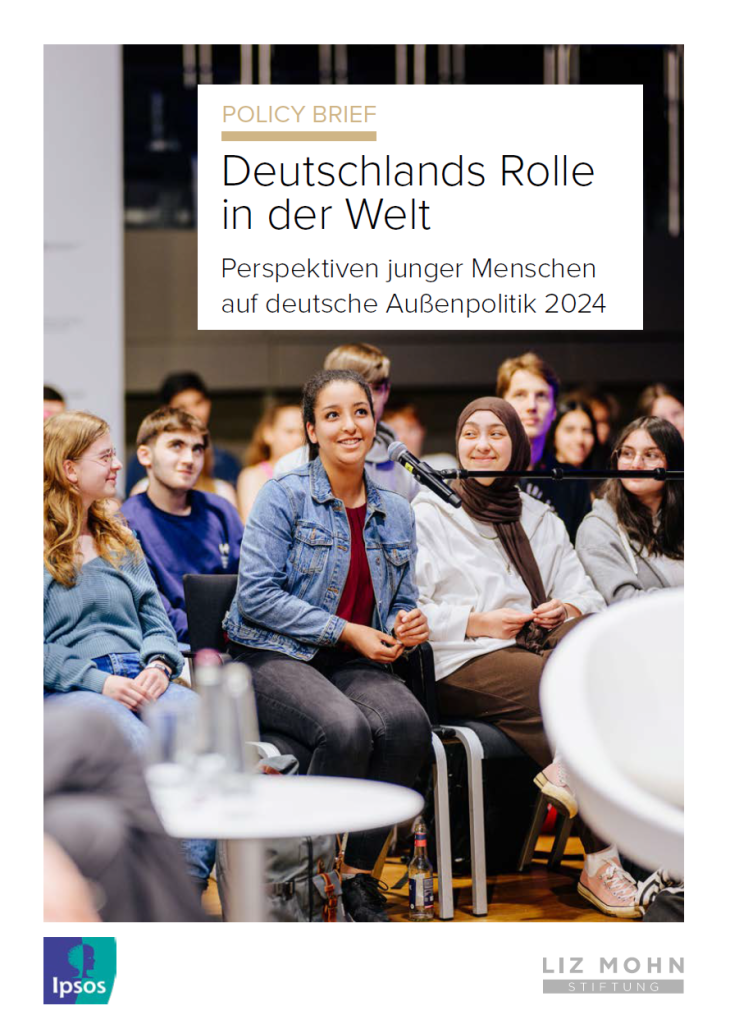What do young people in this country think about German foreign policy? To what extent do their attitudes towards international political issues differ from those of the general population? These questions are highly relevant for both politics and society as a whole in a world that is increasingly undergoing geopolitical changes. The Liz Mohn Foundation aims to give young people a voice and has sought answers to these questions. For this purpose, the opinion research institute Ipsos conducted a representative survey of 3,300 people living in Germany on behalf of the Liz Mohn Foundation. The survey results show that, in many aspects, the views of 14- to 27-year-olds resemble those of the general population. However, there are also topics where opinions diverge.
Overall, the results are encouraging: the young generation is more likely than the general population to believe that they can influence German foreign policy through actions such as voting, demonstrations, or public expression of opinion. For them, as well as for respondents of all age groups, the sense of belonging to their place of residence is particularly pronounced. The European Union is the most positively rated international institution – it ranks higher than Germany, the United Kingdom, and the USA, which follow in the next places.
Germany’s role in Europe and the world is also perceived somewhat differently by the young generation compared to the general population. While both young people and the general population see Germany primarily as an economic power in Europe and the world, the young generation is more likely to also view it as a military power, a cultural power, and a leading power than the general population. International wars and conflicts also affect the sense of security among people in Germany: about one in four – both among young people and the general population – considers the risk of a military attack on Germany to be (somewhat or very) high.
Young people in Germany have strong opinions on foreign policy issues but are rarely featured in public debate. This study gives them a voice in this discussion. The 2024 European elections, in which 16- and 17-year-olds in Germany were allowed to vote for the first time, have provided young people with real political participation in the EU. This study aims to continue on this path towards making young opinions on international politics more visible.



